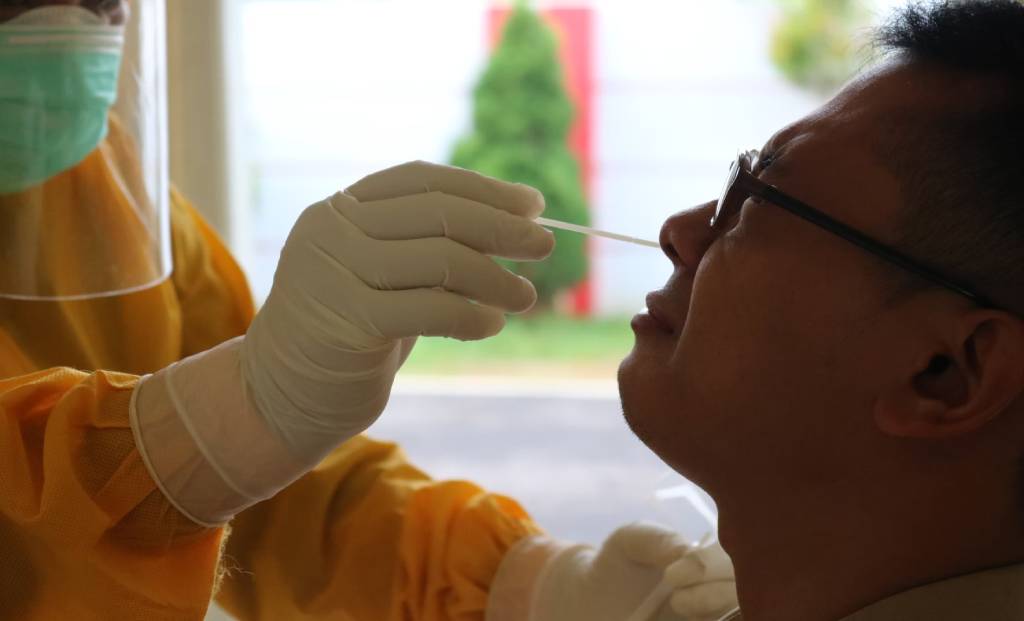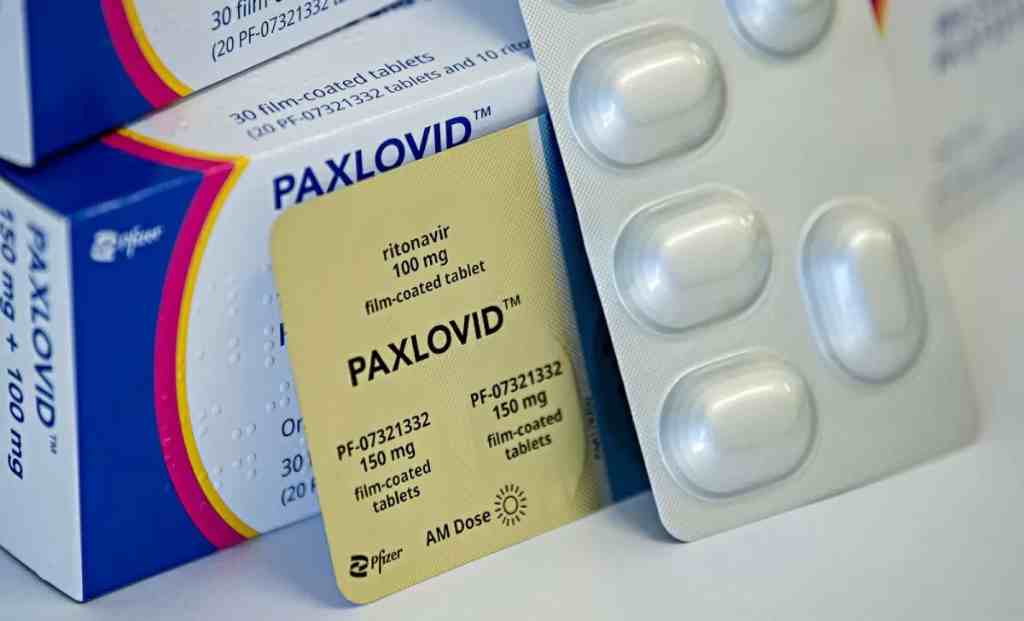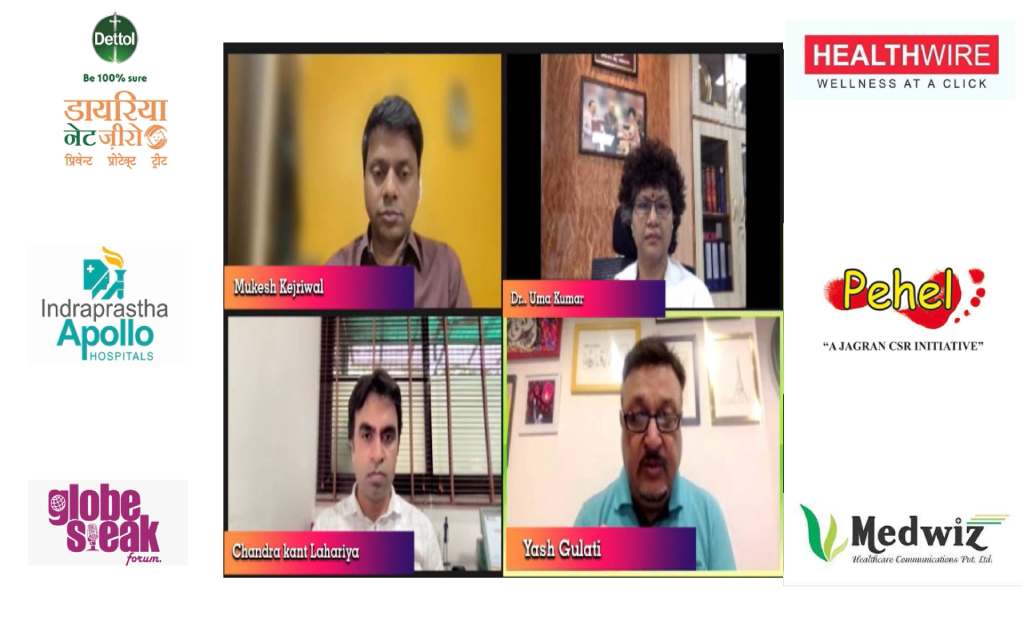Immunocompromised Patient in UK Battled Longest Recorded COVID-19 Infection Duration, Study Reveals
A groundbreaking study conducted by researchers at King’s College London and Guy’s and St Thomas’ NHS Foundation Trust has unveiled an astonishing case of an immunocompromised patient in the UK who endured the longest recorded bout of COVID-19 infection, spanning an unprecedented 505 days. This finding supersedes the previous known record of 335 days for a PCR-confirmed case of COVID-19. The research sheds light on the challenges faced by immunocompromised individuals in combatting the virus and offers valuable insights into the potential emergence of new variants.
Extending the Boundaries of Persistence
Between March 2020 and December 2021, the collaborative team closely examined the cases of nine immunocompromised patients who tested positive for the virus for a minimum of eight weeks. The patients, all grappling with weakened immune systems due to conditions like organ transplantation, HIV, cancer, or ongoing medical therapies, exhibited infections that endured for an average of 73 days. Remarkably, two patients demonstrated an unparalleled resilience, with their infections persisting for over a year – a finding that underscores the unique challenges faced by immunocompromised individuals in combatting the virus.
Mutations and Variants of Concern
The research delved into the genetic evolution of the virus within these immunocompromised patients. Genetic analysis and regular sampling revealed that five out of the nine patients developed mutations akin to those observed in variants of concern, including well-known variants such as Alpha, Delta, and Omicron. Alarming, yet significant, was the discovery that some individuals presented with multiple mutations associated with these variants. Notably, the virus from one patient exhibited an astounding 10 mutations that independently give rise to various variants of concern.
Implications for Treatment and Variants Mitigation
Luke Blagdon Snell, the lead author from Guy’s and St Thomas’ NHS Foundation Trust, highlighted the study’s implications, stating that the emergence of mutations in variants of concern within immunocompromised patients substantiates the possibility of new viral variants originating in this subgroup. The urgency for novel treatment strategies is underscored by the poor outcomes experienced by immunocompromised individuals with persistent infections. Researchers and healthcare providers alike recognize that effective treatment not only aids patients but could also deter the emergence of new variants.
Patient Outcomes and Treatment Approaches
Out of the nine patients studied, five managed to survive the arduous battle with COVID-19. Among these survivors, two successfully cleared the SARS-CoV-2 infection without any medical intervention. In contrast, two required treatment involving antibody therapies and antivirals to conquer the virus. Remarkably, one individual continues to grapple with an ongoing infection, a battle that extends beyond the one-year mark. The patient has undergone treatment with monoclonal antibodies in a bid to clear the infection and is poised to surpass the previous longest-recorded infection duration of 505 days.
Unveiling Occult COVID-19 Infection
In an intriguing twist, the researchers uncovered a case of occult COVID-19 infection, a scenario where a patient initially appeared to have cleared the virus with negative tests, only to later exhibit signs of ongoing infection. Drawing parallels to similar cases with other viruses such as Ebola and hepatitis B, the team differentiates this phenomenon from the widely recognized long COVID, where symptoms persist even after the virus has been cleared from the body.
Presentation at ECCMID
The research findings are set to be unveiled at the European Congress of Clinical Microbiology and Infectious Diseases (ECCMID) scheduled in Lisbon, Portugal, from April 23-26. The presentation will provide a platform for the scientific community to delve deeper into the complexities of COVID-19 infections in immunocompromised individuals and discuss potential strategies for better treatment and prevention, as well as the implications for the emergence of new viral variants.











